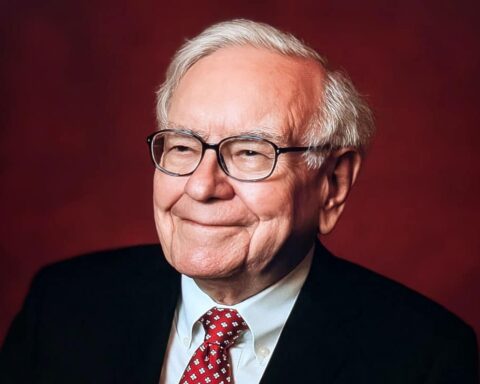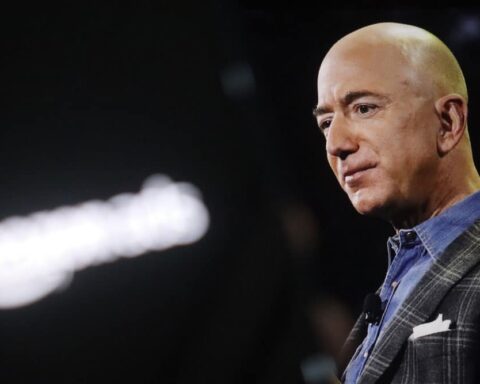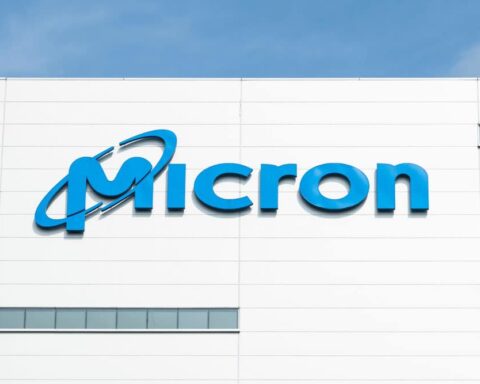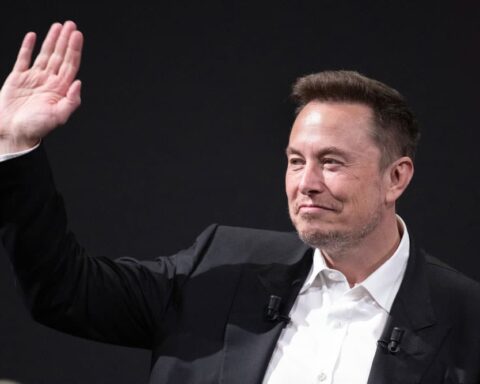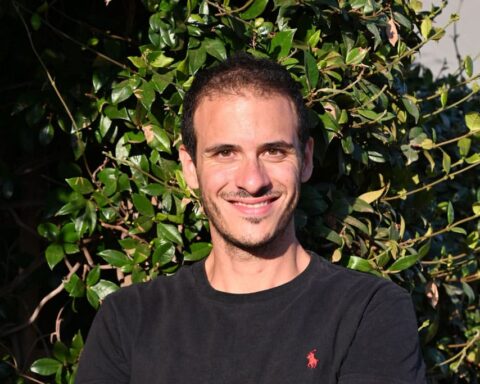KPMG Survey Reveals a Focus on Growth Strategies Amid Economic Challenges, Highlighting the Need for Skilled Talent and a Return to Office Work
In its latest survey, KPMG has unveiled a robust sense of optimism among global business leaders, revealing that 68% of CEOs expect their companies to expand over the next three years. This positive outlook comes despite the ongoing economic challenges, with nearly half of the CEOs anticipating a growth rate of up to 2.9% during this period. A significant driver of this anticipated growth is the prioritization of investments in Generative AI, identified as the key strategic focus for 62% of respondents.
The survey, which collected insights from over 1,300 CEOs worldwide, highlights a strategic shift towards mergers and acquisitions (M&As), with 26% of leaders citing it as a primary method for growth. David Rowlands, KPMG’s Global Head of AI, noted the remarkable evolution of AI in business discussions, stating that when the survey first began a decade ago, AI was seldom mentioned. Today, it is central to the dialogue, with 64% of CEOs planning to invest in AI technology, irrespective of the economic climate.
Despite this enthusiasm for AI, the survey also underscores a significant concern regarding talent management. Only 38% of CEOs feel confident that their workforce possesses the necessary skills to leverage AI’s potential effectively. This concern is compounded by the fact that 33% of CEOs identify employee retirement and the scarcity of skilled labor as significant operational constraints. In a proactive move, 92% of respondents intend to increase their headcount over the next three years, signaling a commitment to overcoming workforce challenges.
The report reflects a notable decline in CEO confidence regarding the global economy, with only 72% expressing optimism, a significant drop from the 93% recorded in 2015. The primary concerns for CEOs have shifted from cybersecurity and geopolitical risks to supply chain disruptions and operational inefficiencies, indicating a changing landscape of challenges.
Bill Thomas, KPMG’s Global Chairman and CEO, emphasized that the future will favor leaders who embrace bold strategies and invest in the right technologies and talent to navigate an ever-changing global environment. Additionally, environmental, social, and governance (ESG) issues have emerged as critical concerns, with CEOs recognizing the growing political and social polarization surrounding topics like climate change and social mobility. John McCalla-Leacy, KPMG’s Head of Global ESG, pointed out that these challenges add new pressures to business leaders already grappling with complex demands.
The survey also suggests a significant shift back to pre-pandemic work practices, with 83% of CEOs expecting a full return to the office within the next three years—up from 64% in 2023. Furthermore, 87% of CEOs indicated they are likely to reward employees who make an effort to work in the office through promotions, salary increases, or favorable assignments.
Nhlamu Dlomu, KPMG’s Global Head of People, highlighted the importance of cultivating talent in a flexible working environment. She stressed that successful leaders in the future will be those who understand the evolving expectations of today’s workforce and foster a “social contract” that promotes agility and adaptability in work arrangements.
As companies prepare to embrace Generative AI and other strategic initiatives, the survey results underscore a pivotal moment for global business leaders, calling for a balanced approach that prioritizes both technological investment and workforce development.
Post Views: 314


